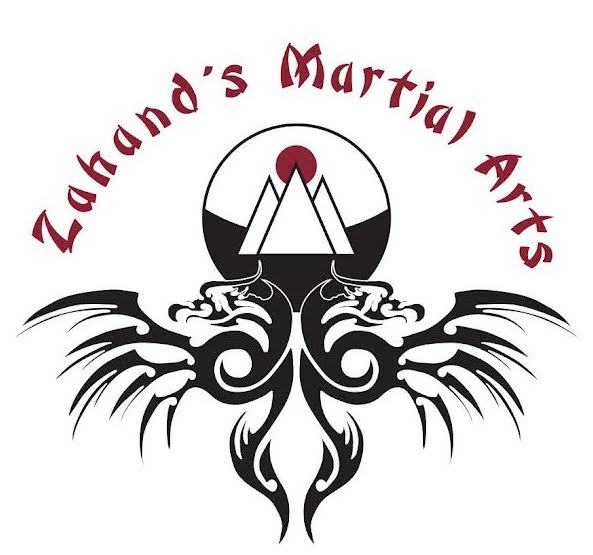People who practice karate refer to the school or club where they train as a dojo. This word can refer to the building that contains the school, or it can refer specifically to the room, gymnasium, or hall where they actually practice. If the class is held outdoors, the field under the open sky is the dojo.
Do, the first ideogram in dojo, means "the way" or "the path," while Jo means "place." Dojo means "the place where one walks the way." You might think this is contradictory: you cannot, after all, walk very far if you're stuck inside a karate studio. The truth is, however, the time you spend training in a dojo can lead you a long way down the path of physical and spiritual growth.
Like other Asians, the Japanese often view life as a journey along a path, beginning at the time we are born and ending when we die. This way of life is a one-way street. We cannot turn around and relive the past As we live from day to day, year to year, not even one second will ever come back.
In karate, students strive to walk this path the best they can, with honor and with the courage to face any difficulties. They might encounter on their journey. And because a moment in the dojo when a student is not trying his or her best is a moment of life wasted, karate instructors tell students to perform each technique to the very best of their abilities.
In every journey, we meet people along the way, some, of whom will travel on with us. At times when we are fortunate, we develop lifelong friendships through our travels. The same is true of the journey we undertake on the way of karate. The dojo is not simply a place to train, but also a place where you will make many friends and gather socially. For instance, it is not at all improper to turn your dojo into a party room during the holiday season. At times like these, you and your fellow students may eat, drink. sing, and dance in the dojo. The life of a karate student is not all hard work.
Japanese traditions call for paying respect not just to people, but also to places and things. This is especially true for a spiritually significant place such as a dojo. This is why you should try and help keep your dojo clean and well maintained. You should also bow every time you enter and exit a dojo. People often pay similar respect to places of worship. Although karate is not a religion, by paying proper respect we show that we do not take our dojo, nor the benefits we gain from it, for granted.


